Kamisha, Safer London Expert Caseworker
Isabella expressed appreciation for my consistency and support, saying I was the only worker who had stayed with her and genuinely helped her.
When I received Isabella’s case, she was on a Child in Need (CIN) plan due to concerns around criminal exploitation and regular drug use. She had been excluded from school multiple times for smoking cannabis and had a history of violent behaviour.
Isabella was known to become aggressive when touched, leading to physical altercations with school staff, which resulted in her being taken to court. She was extremely anxious about the court proceedings, because she thought she was going to go to prison. She would say 'I’m going to be in big trouble. What are they gonna do? What’s the worst they can do?'
Every session she was just panicking about court. But she still kept seeing me. She still kept engaging. In our sessions we worked on understanding laws and the criminal process. When I asked if she wanted me to attend court with her, she insisted.
At court, Isabella was extremely nervous. Ultimately, she received a conditional referral order. As long as Isabella stayed out of trouble, her record would be cleared. She was really happy about that.
After court we focussed on getting her back into education. At the time of the court proceedings, she was receiving online lessons but desperately wanted to return to a physical school environment. The main concern was that Isabella could only return to the PRU that had taken her to court, as she was previously suspended from several other PRUs. This terrified her and she refused to go back to the PRU out of fear.
Then through the work we did as part of the intervention, she came around and said 'I wanna go back to school. I wanna see what it's like'. So I advocated for her, organising meetings with the PRU and her mother to discuss her return and what that could look like. Isabella is now back in full-time education determined to get her GCSEs, which is a significant step for her considering her initial fear.
We did a lot of work around managing her emotions. She really struggled when she was angry as she would just react. But now she's able to just go for a walk or have a cry. Before she didn’t want people to see her cry and I said to her, 'just cry, just let it out. It doesn't matter what people think. It's about you letting out your emotions'. So now she just she cries and she doesn't get angry. She doesn't have angry outbursts anymore.
Kamisha, Safer London Expert Caseworker
I can imagine that other professionals would perceive Isabella as challenging due to her violent history, but she was fine.
I treated her like any other young person. We started by establishing boundaries. I was like, you tell me what you like and what you want from me and what you don't want me to do. And I will tell you what I like and what I want from you and what I don't want you to do. I was like let's set these boundaries at the start and then we won't cross them, and we will just work towards that and I think that really helped her.
Maintaining consistency also really helped. I called her every week and was there for her when she needed me. She responded well to this, never missing a session. I think it was the consistency and stability that I gave her and the feeling of not treating her like other professionals had treated her, like thinking oh she's another violent person, helped build that trusting relationship.
Isabella is now back in full-time education and she's learned to manage her emotions. She still smokes, but she doesn’t smoke as much. School provides a big distraction and that’s one of the reasons she wanted to go back. She wanted that distraction, something to keep her busy in a positive way.
Honestly, she’s come so far. She’s amazing.
How Safer London helped Isabella
Trauma-informed Caseworker
Every young Londoner is allocated a single trauma-informed caseworker, who works alongside them from 6 to 12 months (with support extending up to two years if required). The support is built around the young Londoner and their needs.
Person Centred Support
The support is built around the young Londoner and their needs. The session plans, session content and overall outcomes are influenced by the young Londoner, with their voice being central to what the support looks like.
If you’re a young Londoner or parent whose worked with Safer London, and share us your story via email to inspire others. Make sure you let us know the name of your caseworker when you get in touch.

